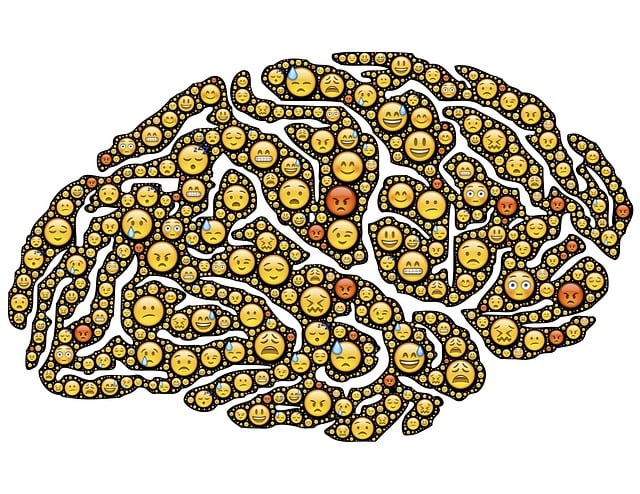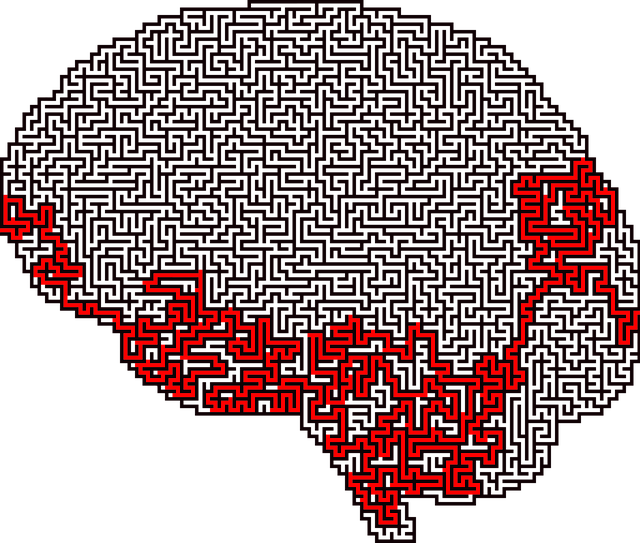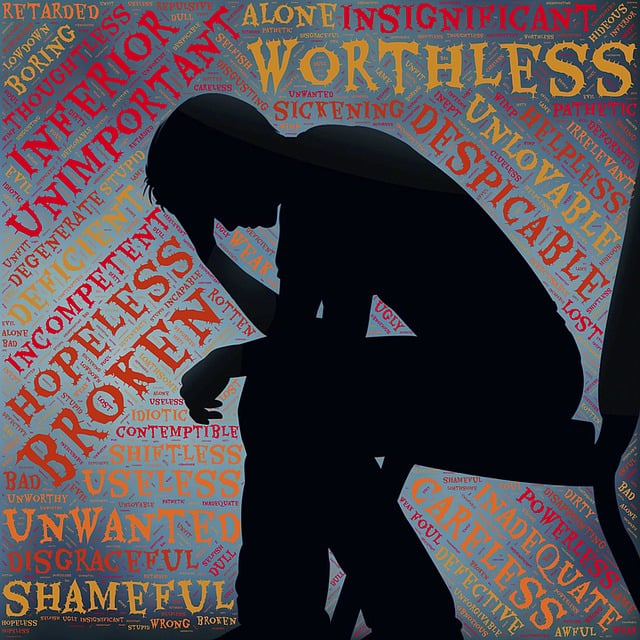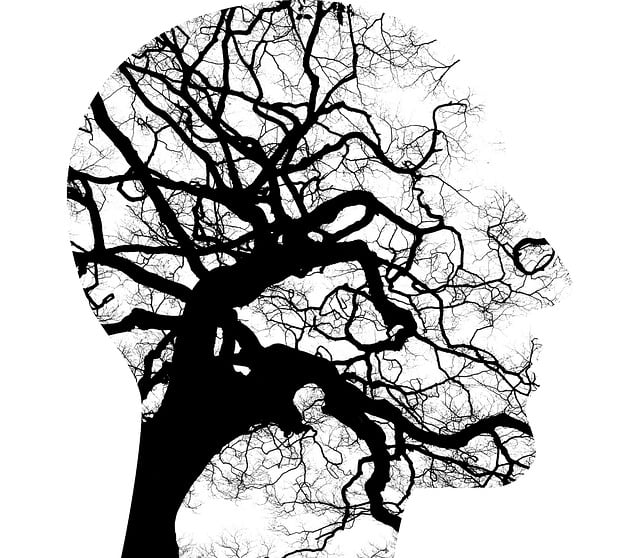Resilience is crucial for adolescent well-being, and Louisville Adolescent and Teen Therapy uses the RFM framework (Risk, Frequency of Negative Experiences, Positive Strengths) to assess and build resilience. Therapists guide teens through exercises that enhance social skills, empathy, and stress management, empowering them to navigate life transitions, foster healthy relationships, and develop a positive self-image. These interventions, tailored to Louisville's vibrant therapy community, not only address current issues but also prevent future mental health challenges, paving the way for a more resilient adulthood. Measuring success through both qualitative and quantitative methods, including regular check-ins and tracking outcomes like stress levels and academic performance, ensures the RFM programs' effectiveness and relevance in addressing contemporary adolescent challenges.
In today’s challenging social landscape, equipping adolescents with resilience is paramount. This article explores the implementation of RFM (Resilience, Flexibility, and Mastery) exercises in Louisville adolescent and teen therapy settings. We delve into the understanding of RFM and its profound impact on young people’s well-being, present practical steps for integration, and discuss measuring success through effectiveness evaluations. By fostering resilience, these programs empower teens to navigate life’s hurdles with grace.
- Understanding RFM and Its Impact on Adolescent Well-being
- Implementing Resilience-Building Exercises in Louisville Therapy Settings
- Measuring Success: Evaluating the Effectiveness of RFM Programs for Teens
Understanding RFM and Its Impact on Adolescent Well-being

Resilience is a crucial aspect of adolescent well-being, enabling young individuals to navigate life’s challenges and thrive despite setbacks. Understanding Risk, Resilience, and Strength (RRF) models, such as the RFM framework, is essential for professionals in Louisville Adolescent and Teen Therapy. This model identifies key factors—Risk, Frequency of Negative Experiences, and Positive Strengths—that contribute to a teen’s overall resilience. By assessing these areas, therapists can tailor interventions to build social skills, enhance empathy-building strategies, and teach effective stress management techniques.
Implementing RFM exercises involves helping adolescents recognize their strengths, cope with risks and negative experiences, and foster healthy relationships. Social Skills Training and Empathy Building Strategies are integral components of this process, enabling teens to connect with peers, express emotions effectively, and develop a positive self-image. Through these interventions, Louisville Adolescent and Teen Therapy professionals can empower young people to build resilience, navigate life transitions, and achieve long-term well-being.
Implementing Resilience-Building Exercises in Louisville Therapy Settings

Implementing Resilience-Building Exercises in Louisville Adolescent and Teen Therapy settings offers a transformative approach to enhancing mental health awareness among young individuals. These exercises cater to the unique needs of adolescents, equipping them with coping mechanisms to navigate life’s challenges. By integrating activities that foster positive thinking and self-esteem improvement, therapists create a safe space for growth.
Louisville’s vibrant therapy community recognizes the importance of resilience training in preventing mental health struggles. Exercises such as mindfulness meditation, cognitive reframing, and stress management techniques empower teens to build emotional strength. This proactive approach not only assists in managing existing issues but also prevents future mental health challenges, contributing to a more resilient and balanced adult life.
Measuring Success: Evaluating the Effectiveness of RFM Programs for Teens

Measuring success is a crucial aspect of evaluating the effectiveness of RFM (Resilience, Flexibility, and Mindfulness) programs designed for teens in Louisville Adolescent and Teen Therapy settings. To assess progress, therapists can employ qualitative and quantitative methods. Qualitatively, regular check-ins with participants allow for open dialogue about their experiences, insights gained, and challenges faced. This provides valuable feedback on the program’s impact on teens’ emotional well-being and coping mechanisms.
Quantitatively, tracking specific outcomes such as stress levels, anxiety reduction, and improved academic performance can demonstrate RFM programs’ tangible benefits. Public Awareness Campaigns Development and Mental Illness Stigma Reduction Efforts can be integrated into these evaluations, fostering a broader understanding of burnout prevention among teens. By combining qualitative and quantitative data, therapists can gain comprehensive insights into the program’s success, identify areas for improvement, and ensure that RFM exercises remain relevant and impactful in addressing contemporary challenges faced by Louisville’s adolescent population.
The implementation of RFM (Resilience, Flexibility, and Mastery) exercises in Louisville adolescent and teen therapy settings has shown promising results in enhancing well-being. By integrating these strategies, therapists can empower young individuals to navigate life’s challenges with greater resilience. Measuring the success of RFM programs is crucial, allowing professionals to refine and optimize their approaches, ultimately fostering healthier and more adaptable teens within the Louisville community.














